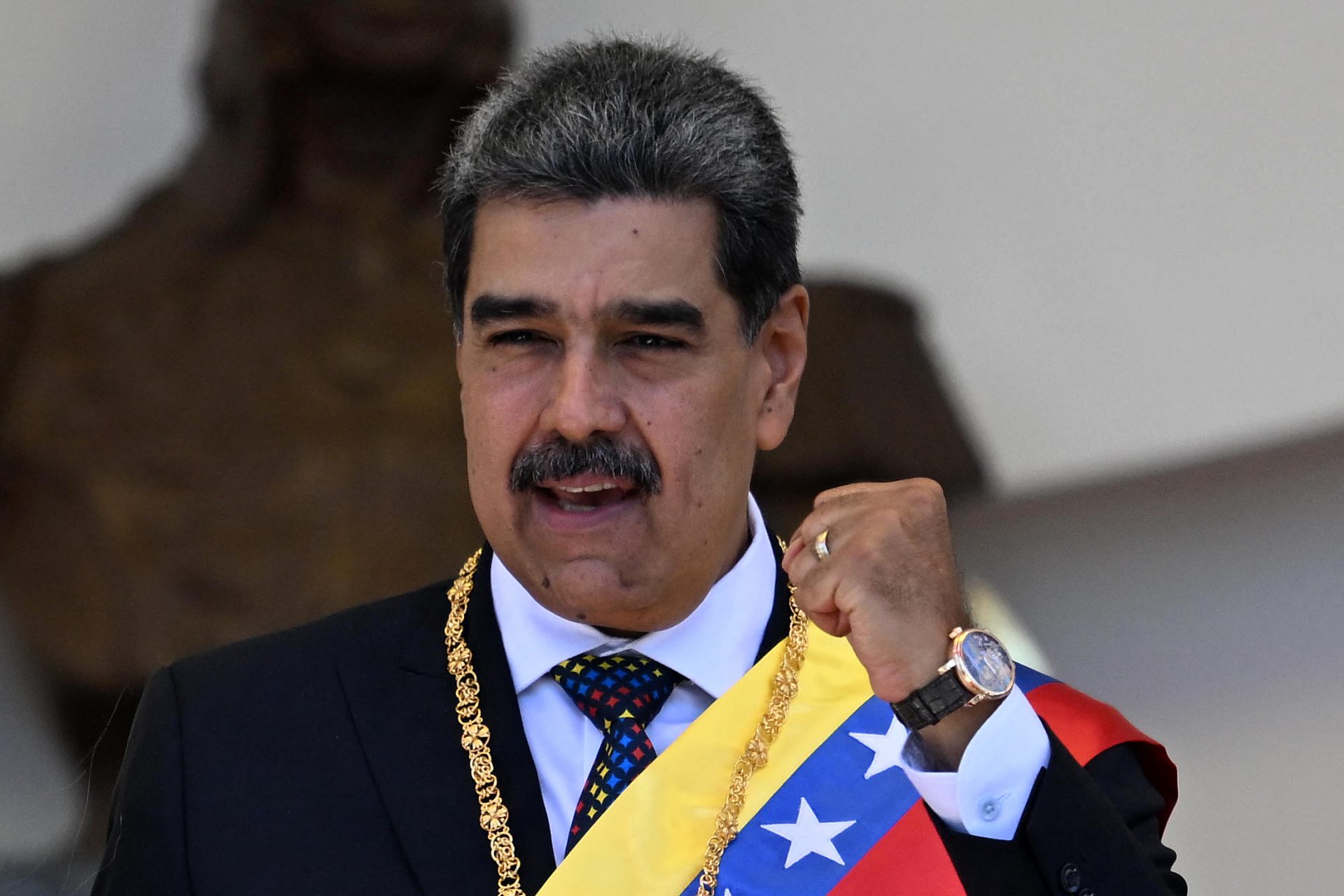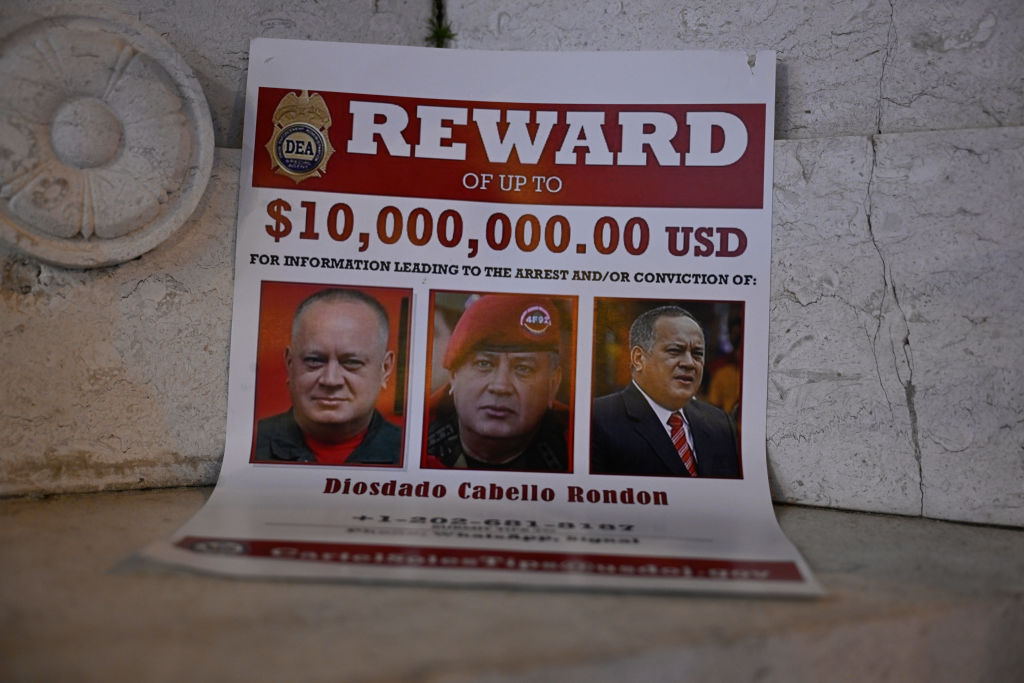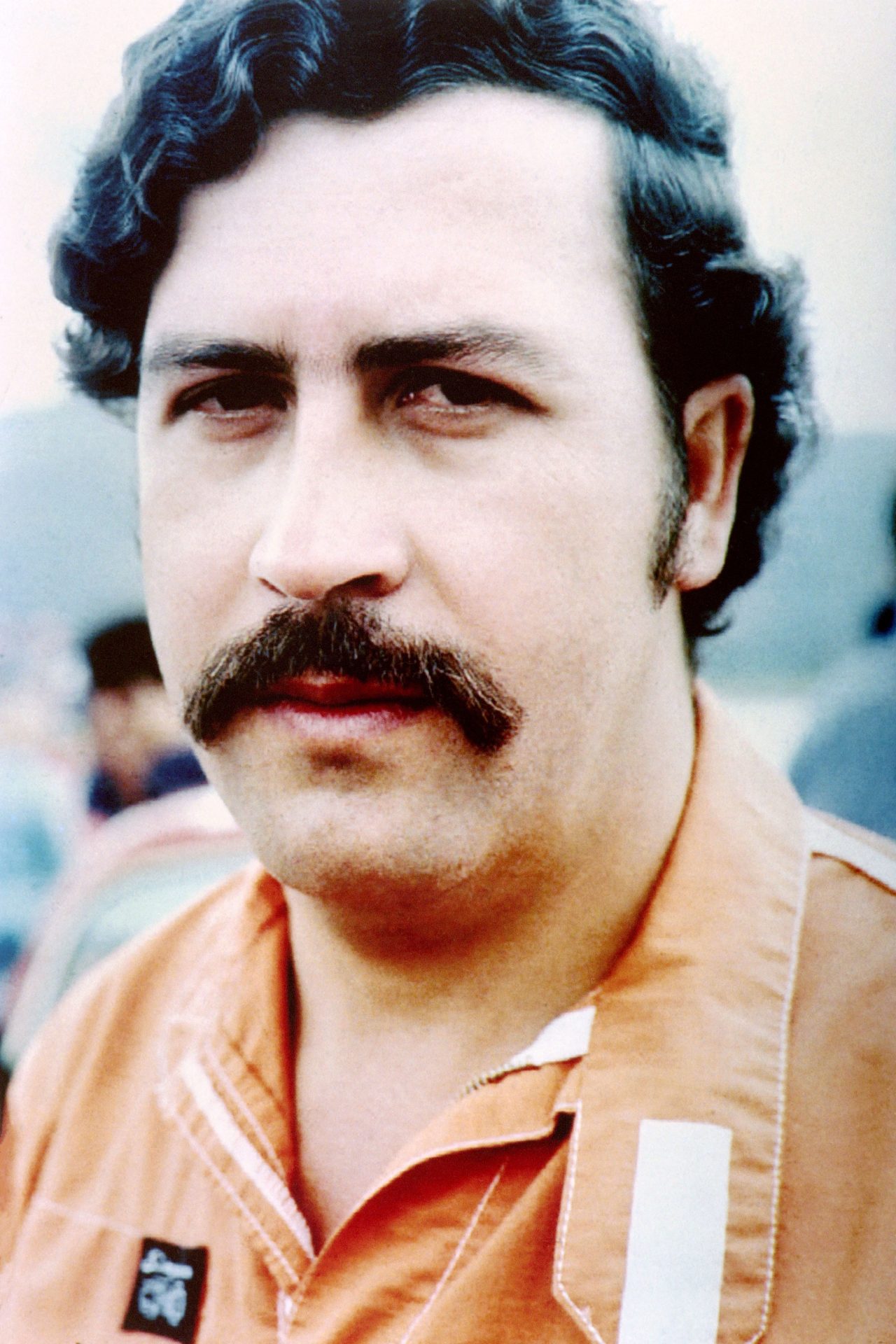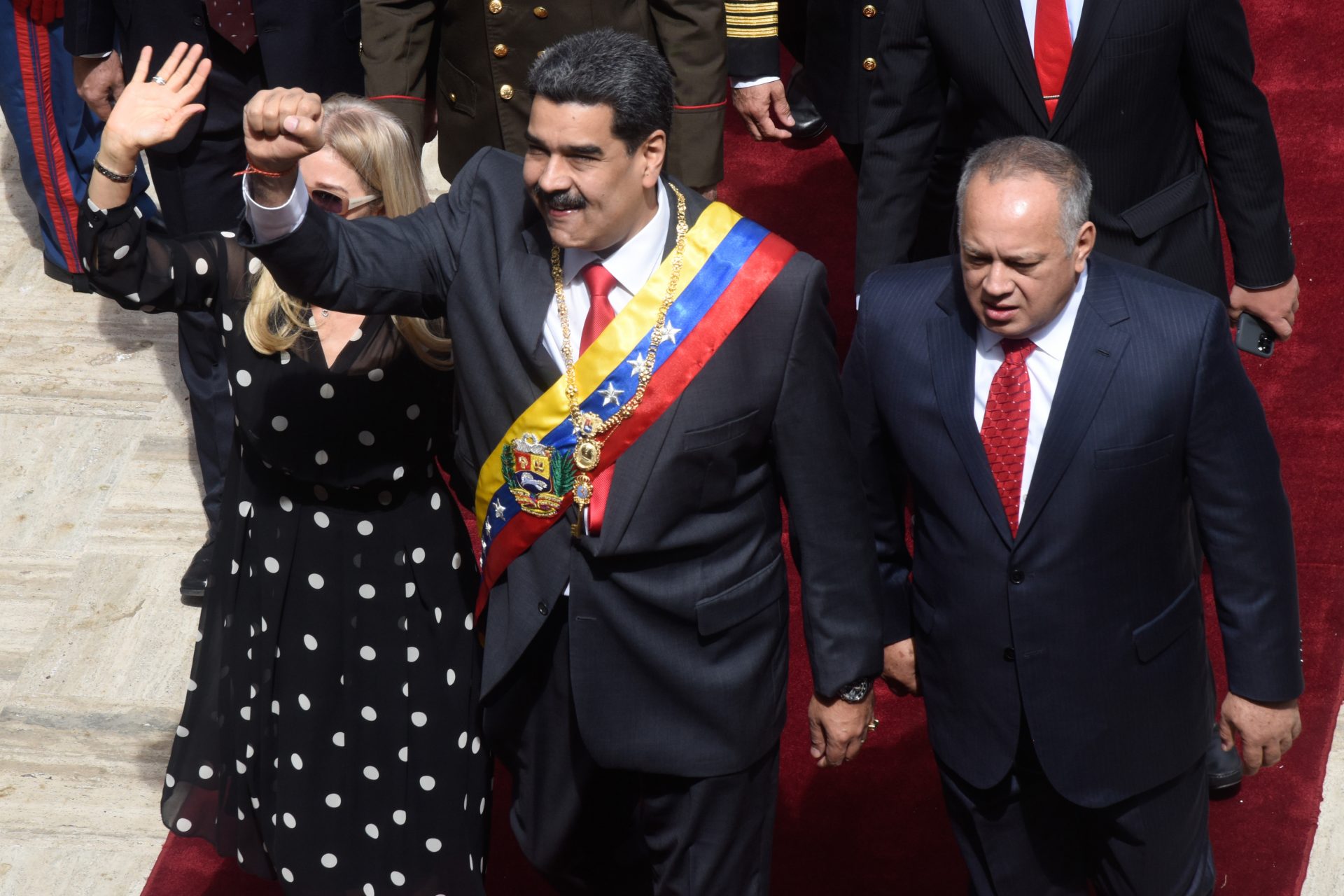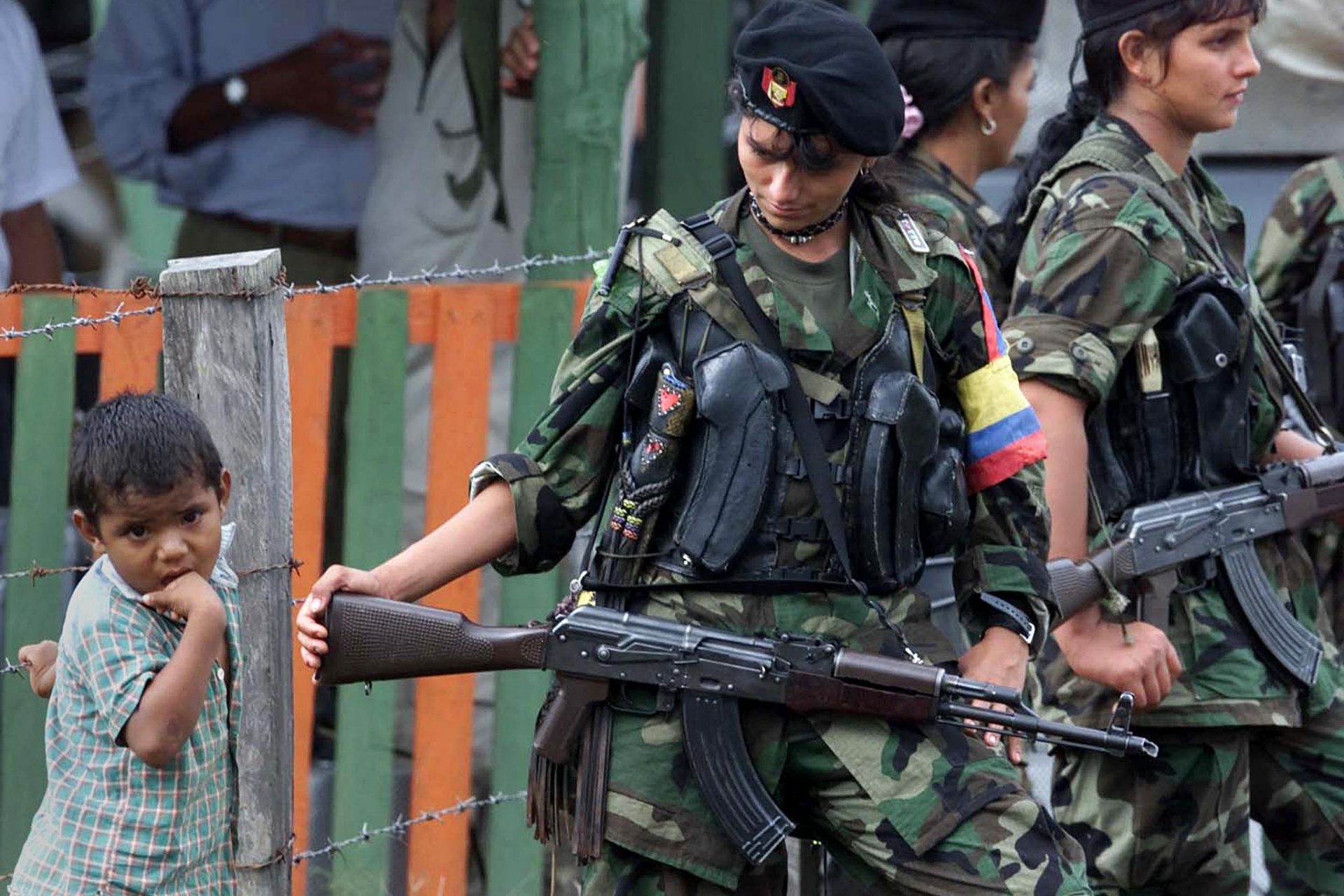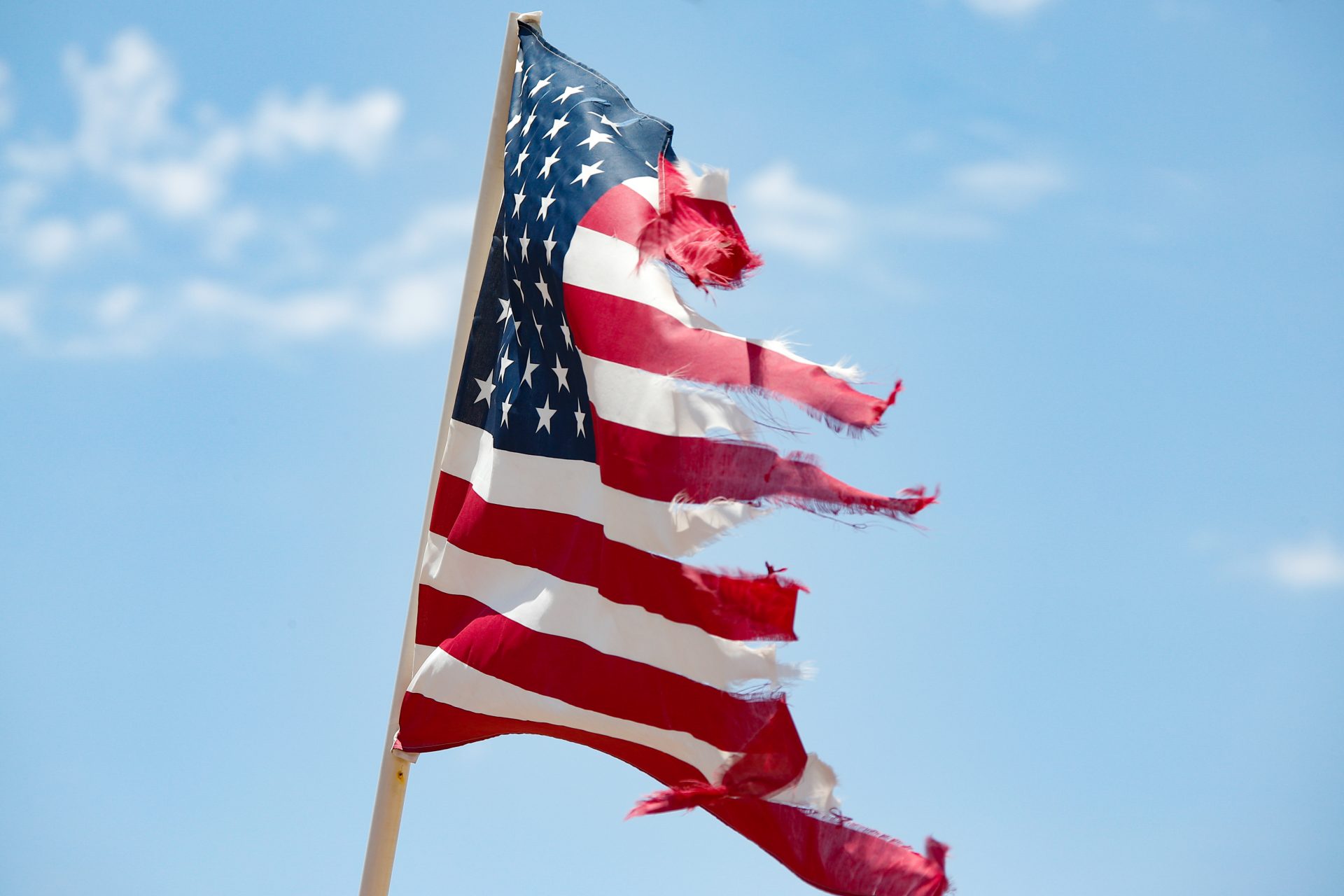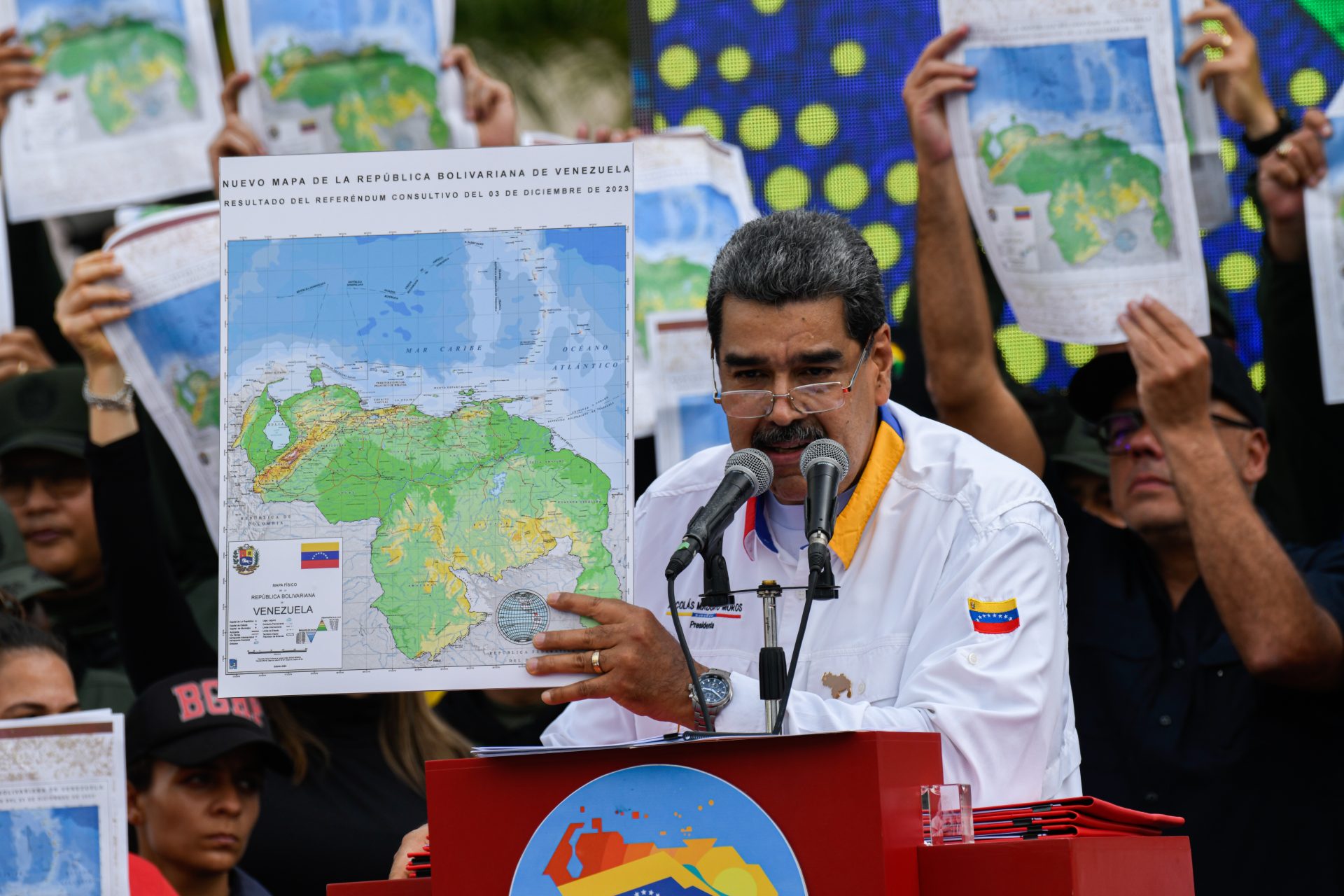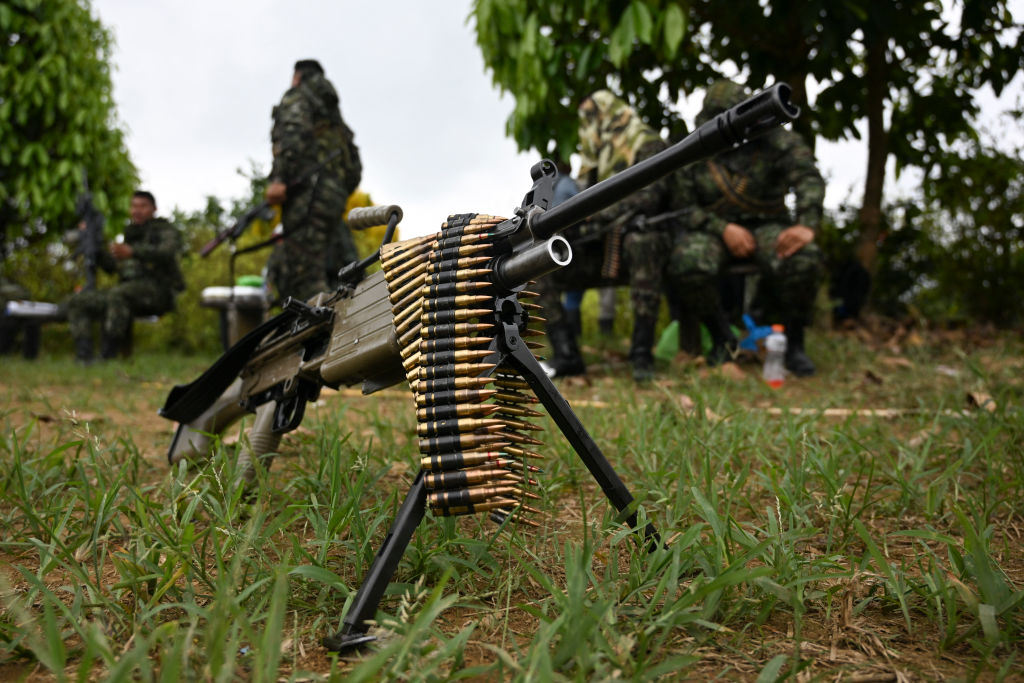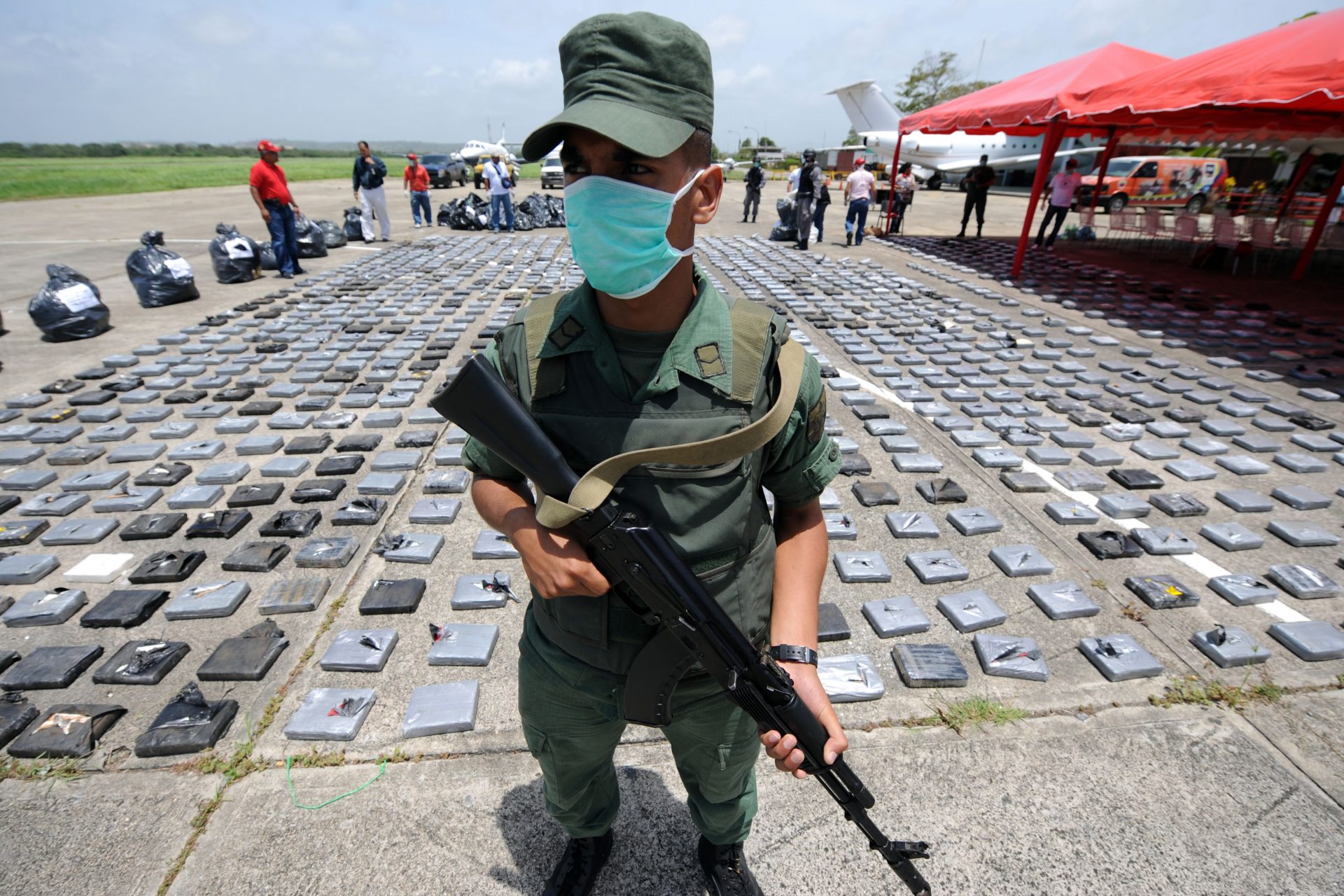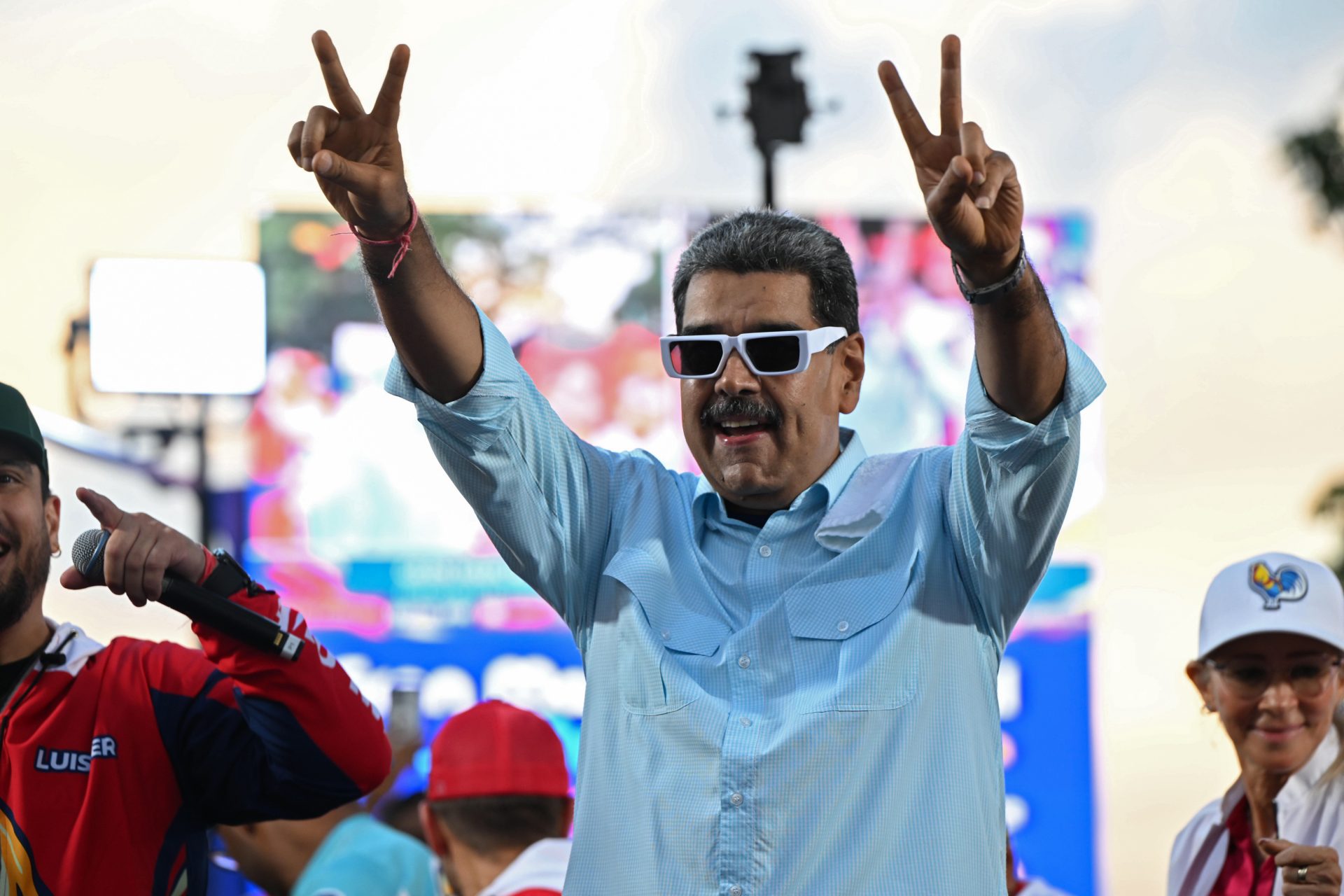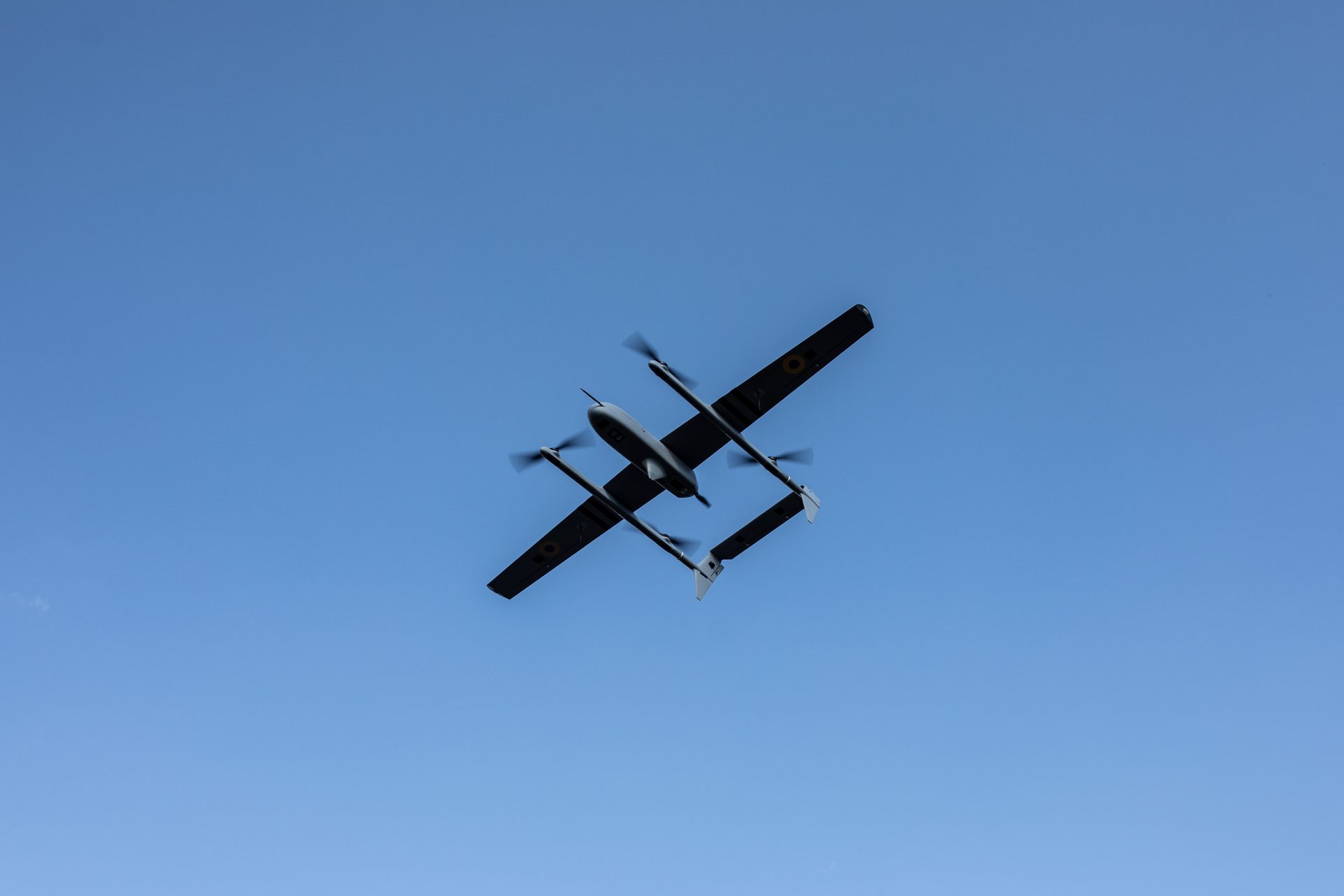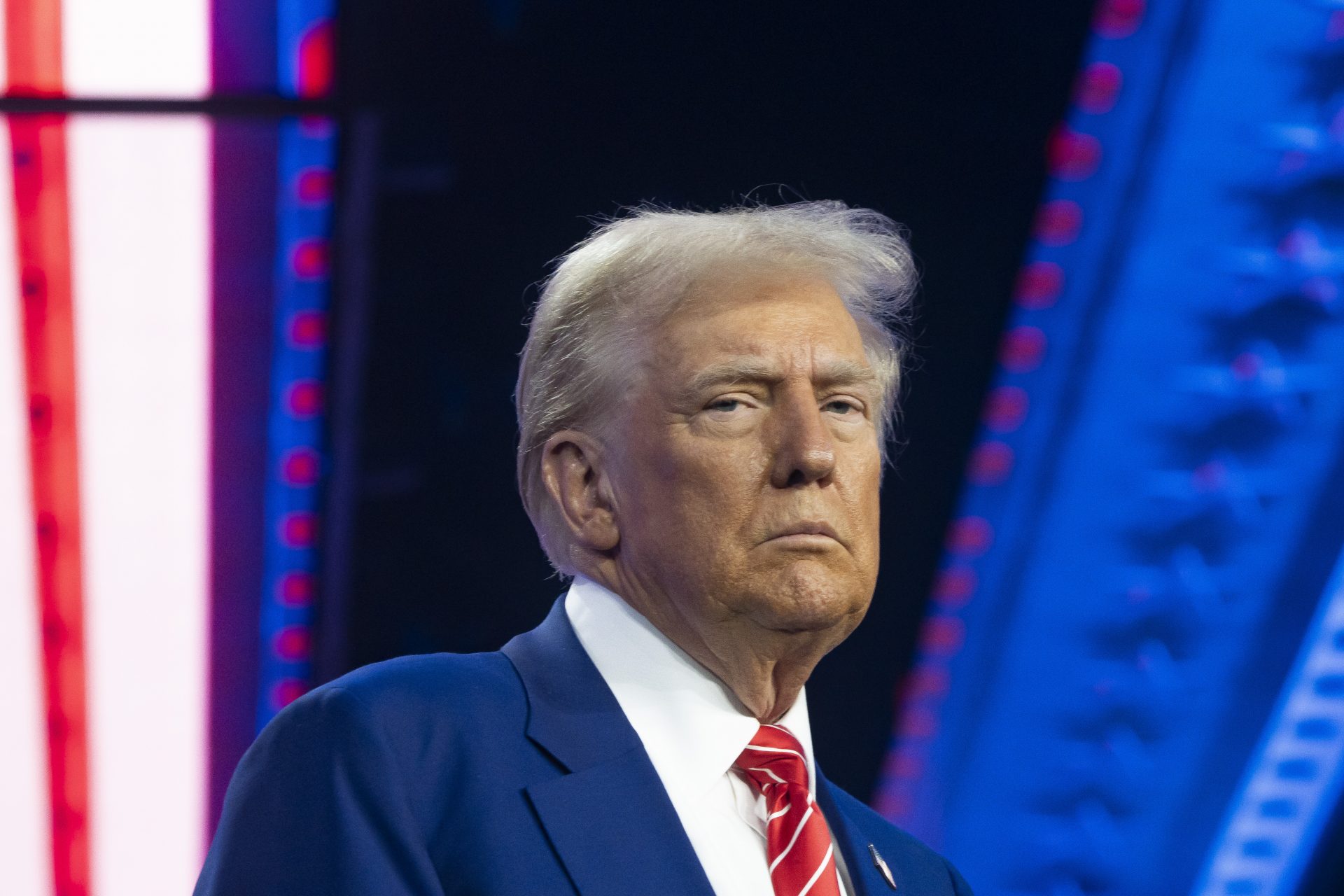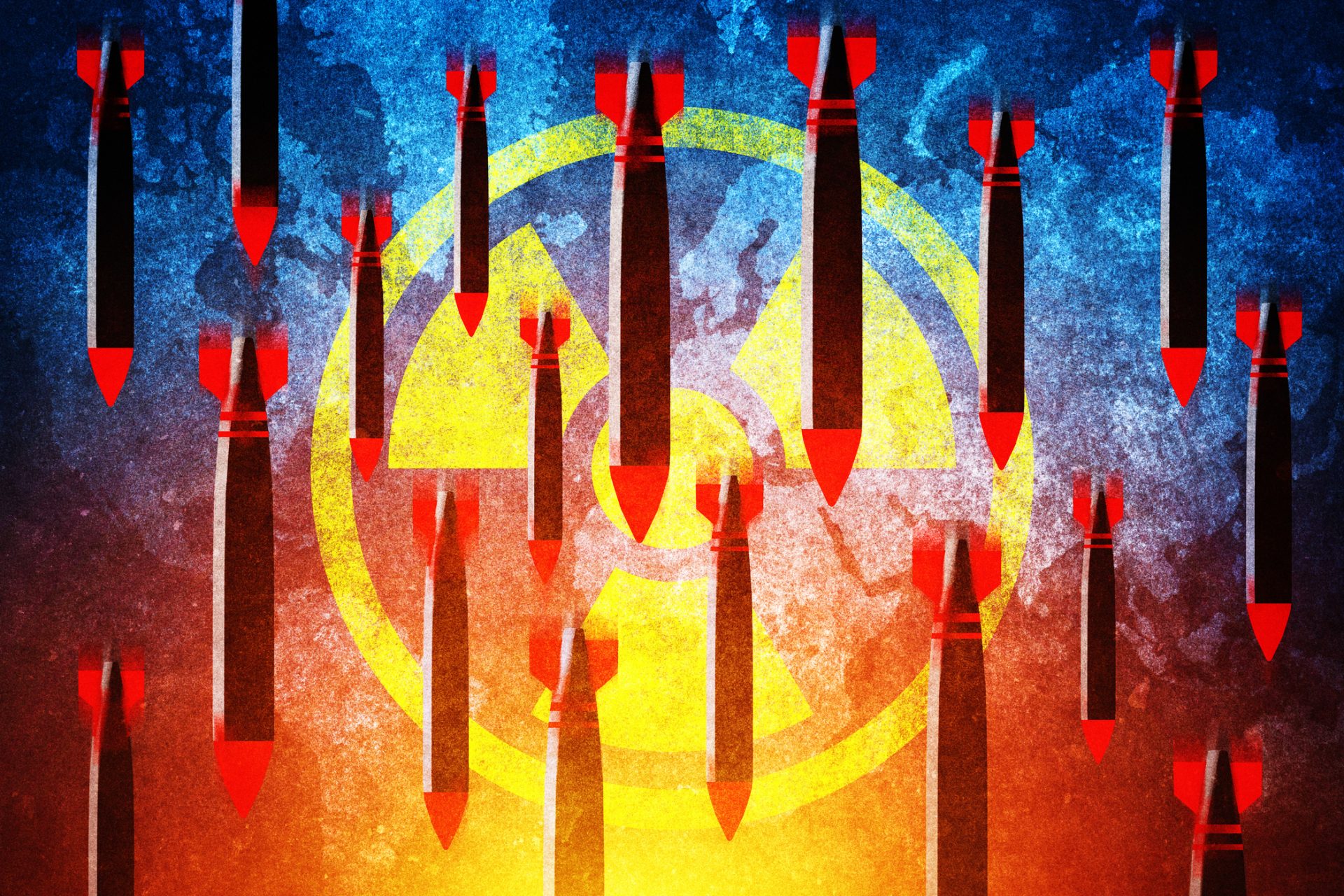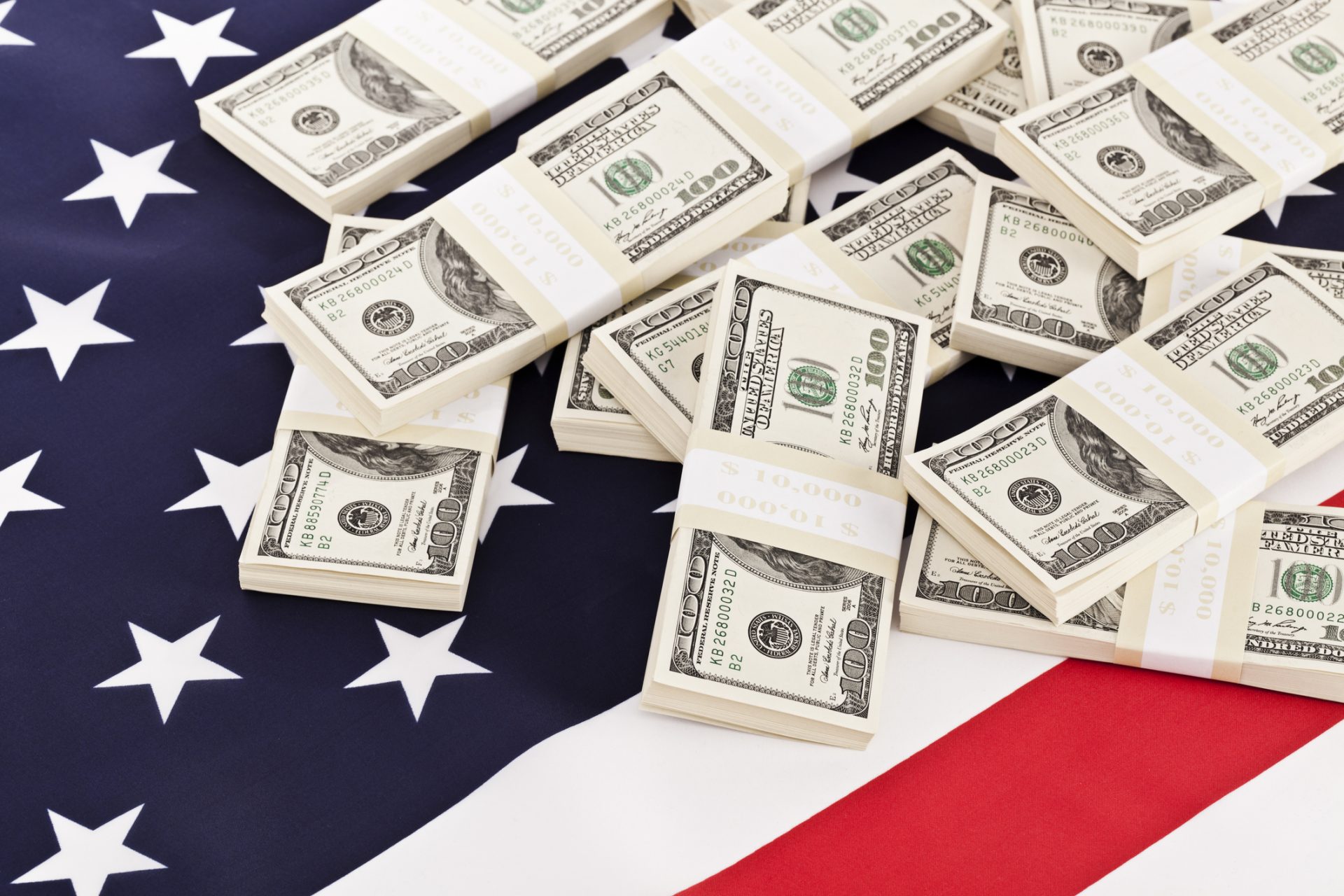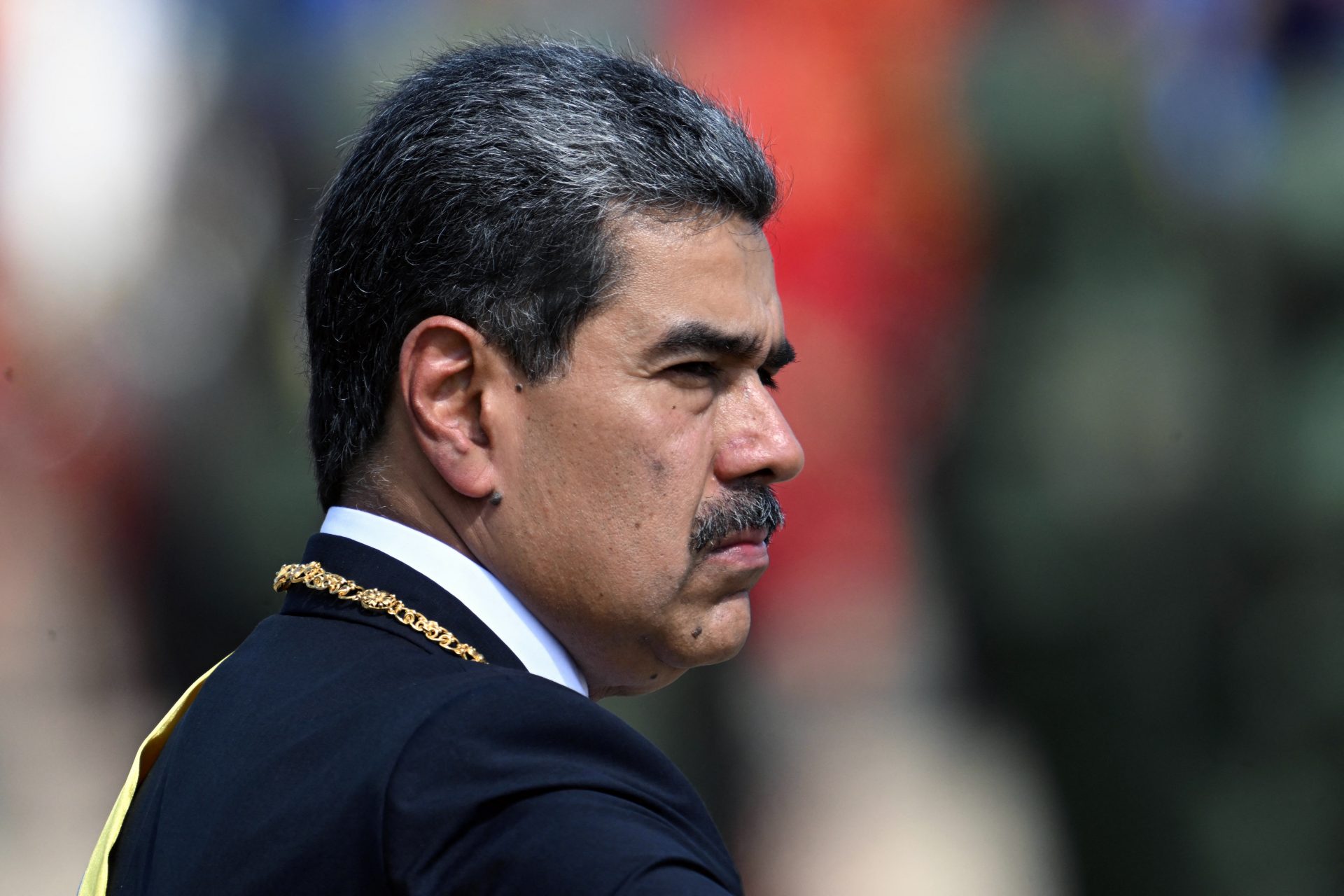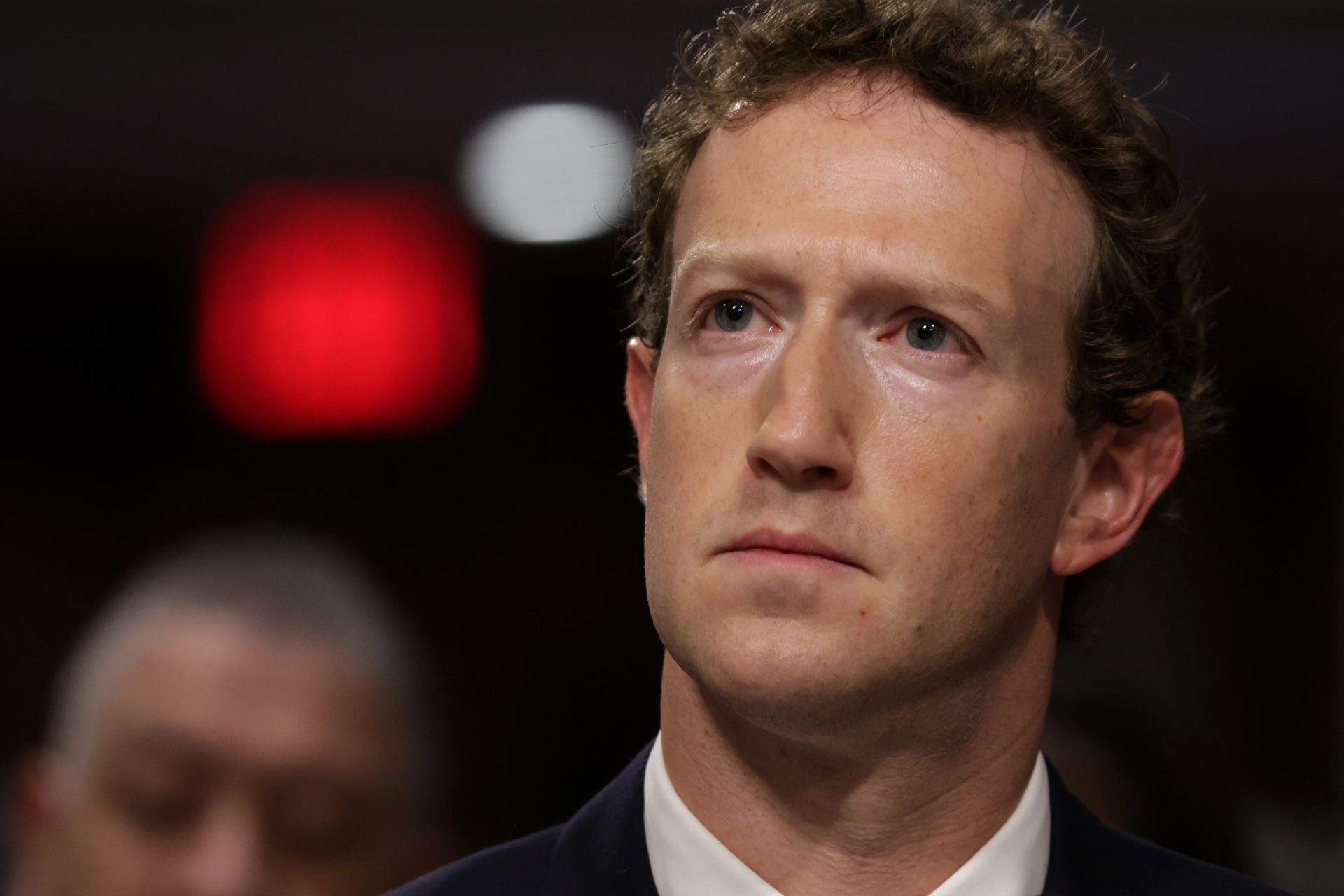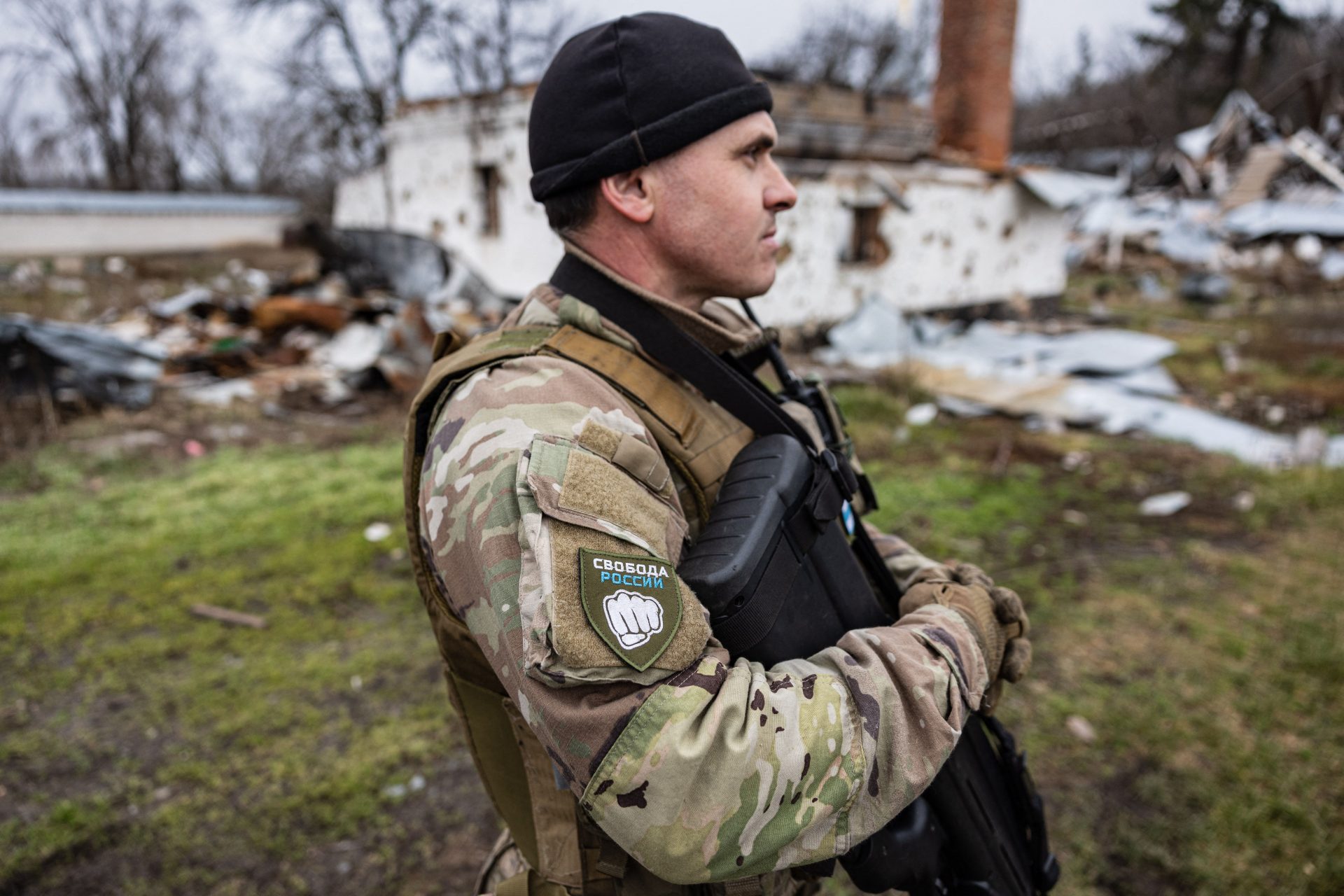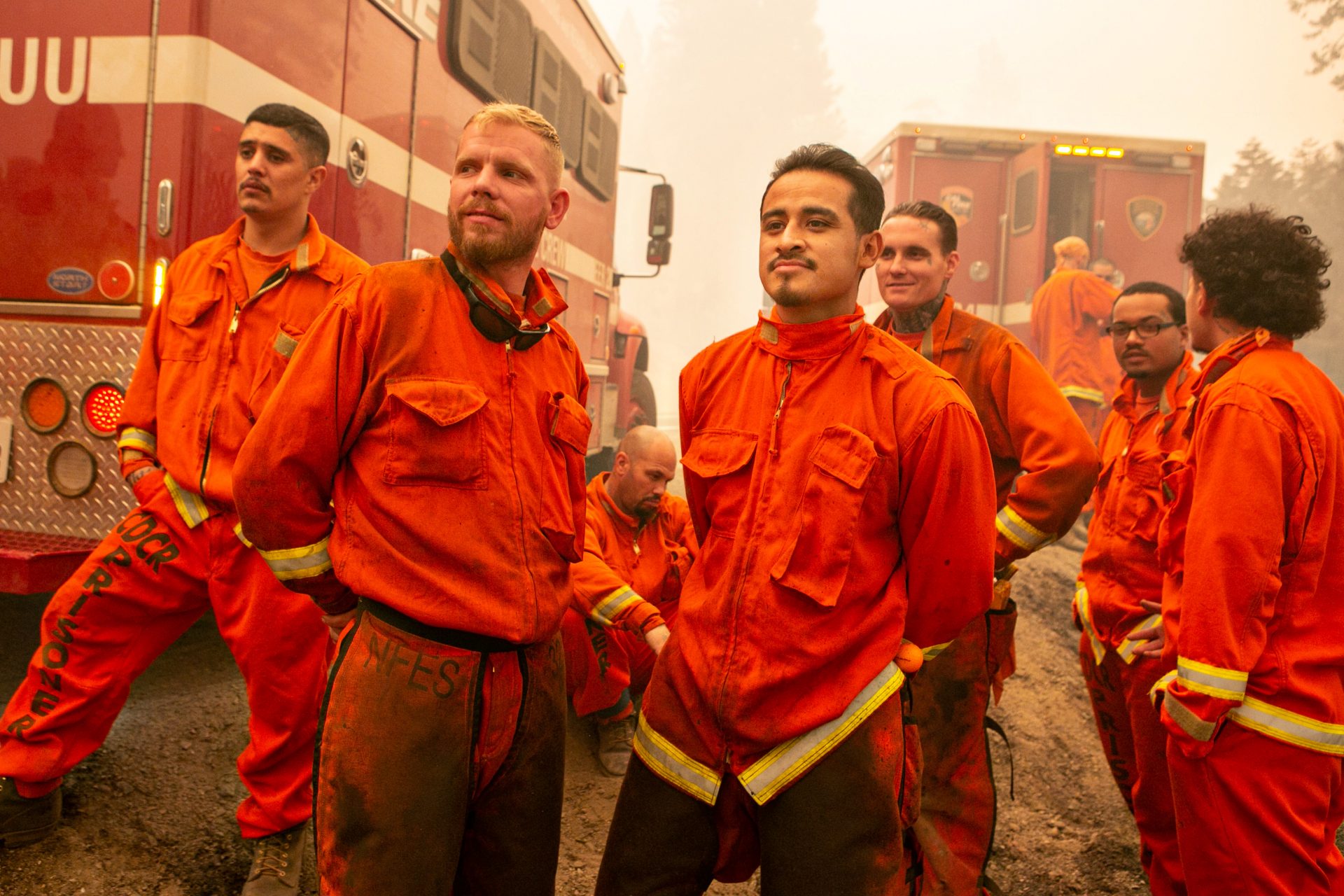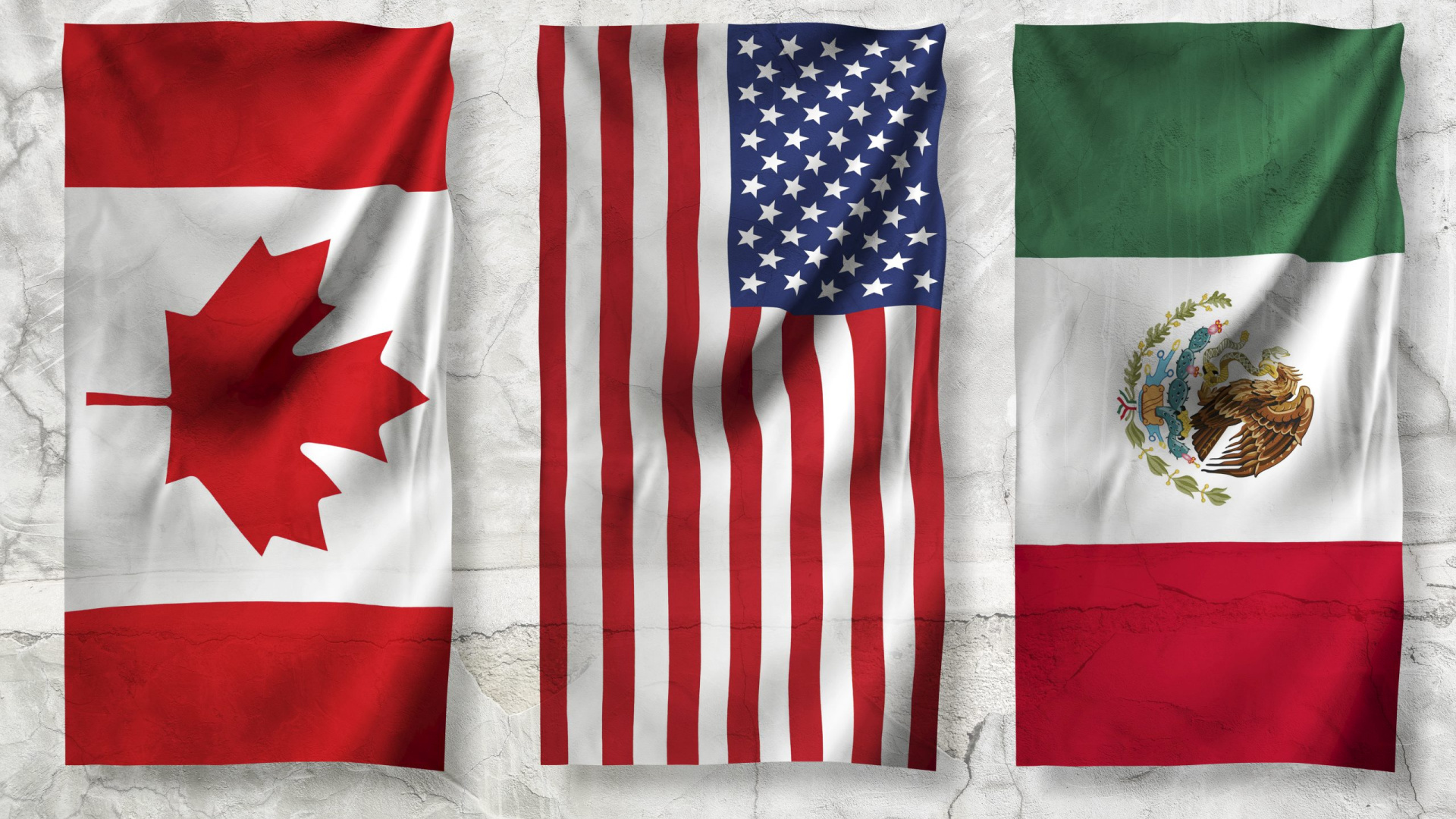The United States declares war on Maduro and raises the bounty for the Venezuelan
The inauguration of Nicolás Maduro in Venezuela was followed by a peculiar situation: the United States State Department raised the reward for information leading to his capture to 25 million dollars (previously it was 15 million), according to NPR.
Investigations by the United States Attorney's Office and the Southern District of New York indicate that Maduro and other high-ranking officials such as Diosdado Cabello (pictured) and Vladimir Padrino López (also with million-dollar rewards for information leading to their whereabouts), are believed to be linked to activities related to drug trafficking.
Venezuelan newspaper El Nacional notes that the reward for Maduro is already higher than the one the Colombian government gave for the fall of Pablo Escobar in 1993: approximately $6.2 million at the time.
According to Chilean newspaper La Tercera, U.S. documents reveal that Nicolás Maduro Moros, Diosdado Cabello Rondón, Hugo Armando Carvajal Barrios and Clíver Antonio Alcalá Cordones “acted as leaders and administrators of the Cartel de Los Soles” since at least 1999.
The group's name “refers to the sun insignia that are placed on the uniforms of high-ranking Venezuelan military officers.” This organization is also said to have made pacts with the defunct Revolutionary Armed Forces of Colombia, the FARC.
“The Cartel de Los Soles sought not only to enrich its members and increase their power, but also to 'flood' the United States with cocaine and inflict the harmful and addictive effects of the drug on users,” the text explains.
The documents also indicate that two FARC leaders, Luciano Marín Arango and Seuxis Paucis Hernández Solarte, “agreed with the leaders of the Cartel de Los Soles to move some of the FARC’s operations to Venezuela, under the protection of the Cartel.”
According to the court report, this pact between Maduro and the FARC would have facilitated the shipment of huge quantities of cocaine from Venezuela to the United States in exchange for military weapons, explains the Argentine portal El Cronista.
Drug traffickers allegedly used sea and air routes to transport illicit substances. Shipments by sea left the Venezuelan coast towards the Caribbean and Central America. The air route began at clandestine airstrips in the Venezuelan state of Apure.
In an interview with La Tercera, Fabián Andrés Pérez, professor of the Humanities Department of the Andrés Bello University (Chile), sees the situation in the following way: “It is complicated. I believe that the United States and also the Venezuelan opposition are betting on an internal division within Chavismo.”
More for you
Top Stories



